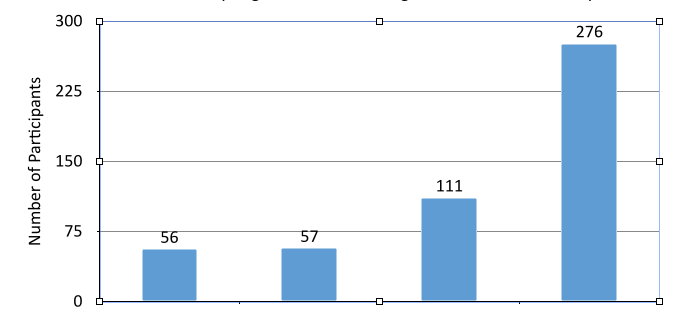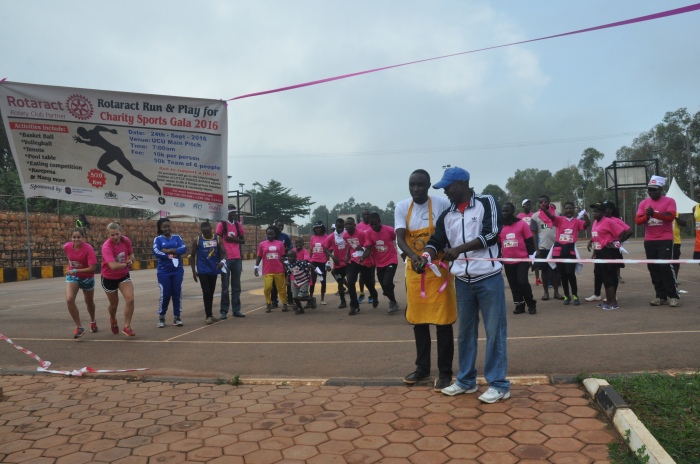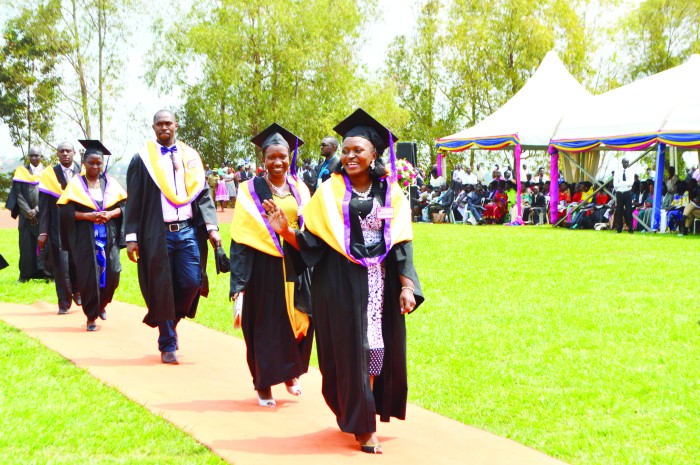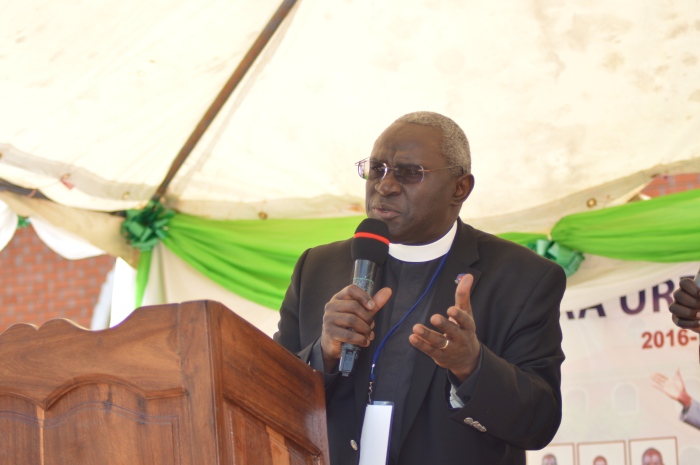Man’s intellect is perhaps the strongest distinguishing attribute, for it sets him apart from https://thestandarducu.files.wordpress.com/2016/09/page-9.jpg?w=1462plants, and other animals. Unlike man, the other animals do not go to school, or undertake courses and programmes of study. They show no propensity to specialize in their knowledge nor do they write examinations.
This superior intellect tells us something vitally important about man’s incalculable worth in the created order.
When the Creator of all things, the Lord of earth and heaven, thought to create something in his image, he made man – male and female! The magnificence of the stars in the universe and the majesty of animals do not display such splendour as you do – created in God’s image. What an unfathomable thought!
This image may be flawed by sin and illness, weakness or disability, but each is no less stamped: “Created in the image of God”. This is true of every tribe and race, of the unborn child, the comatose patient, and the mentally handicapped. C o n s e q u e n t l y , Christians must abhor volitional abortion, infanticide and euthanasia. Even tribalism belittles God’s precious creation. All this is injustice, which dishonors man, who is created in the image of God.
This image is in male and female equally, expressed through our gender categories. Since God is not comparable to our gender categories, imago dei , as theologians call it, is not gender related. To think in those categories is to wrongly infer that God is in our likeness. Prof. Wayne Grudem explains that “imago dei” means that “man is like God and represents God, but is not identical with God”. Churches that claim ‘identity with God’, that we are ‘gods’, propagate a heresy. To be ‘like’ is to show evidence of that likeness. Our knowledge of this likeness will always be partial because our knowledge of God is partial.
However, this image in us is the worth of who we are, our core identity; it is our distinguishing mark. Remove it, and evolution, materialism, pantheism, suicide bombing, and all the religious ‘isms’ make sense! We become comparable to other creation, leading meaningless lives.
Let me explore five ways in which this imago dei is made manifest:
We bear spiritual likeness to God. Man is incurably religious. All cultures have a form of religious expressionism.We pray and engage in rituals to connect with a higher being. The image longs for its divine nexus. It seeks after its life source.
- Our moral likeness to God, the longing for righteousness and holiness. There is an innate sense of right and wrong, of good and evil, in each of us. Every human community has standards of right and wrong, and breaking them leads to feelings of guilt and fear of punishment.
- Our relational likeness to God, imaging the trinity relationship, one God, three persons. Our sense of community and social intercourse is superior. Our social dynamics generate shared visions and lead to mutual growth and development. l
- Physical likeness to God, God is spirit but He is nevertheless visible through our physicality. He is a God who sees; so we see too. We hear as he hears, we speak as he speaks, and express many other attributes of God through our physical members. Besides, we bear children physically in our likeness as he created us in his likeness. l
- Finally, we bear intellectual likeness to God. Jesus is called the logos, the word of God, for our God knows all things and works through reason. So, man too is endowed with the ability to reason, to think logically, to learn and to create. He grows in knowledge and his creativity is far superior to other animals.
If you observe and study the world around you, you clearly see reason, the mind of God, behind its set-up. He made us in his image to bear a mind of reason like the original! He gave us an inquiring mind with which we study the intricacies of the created order.
We go to the university and spend hours discussing and arguing about complex things to grow in understanding. We want to know as God knows! We create and produce beauty, art, music, and literature, the sciences and technology. We were created in his image to use our intellect to create, as he the Creator, created all things “very good.”





 BY BRIGHT NIWAHA
BY BRIGHT NIWAHA

You must be logged in to post a comment.